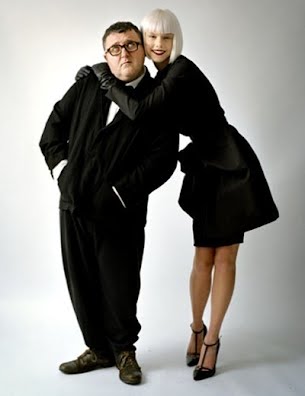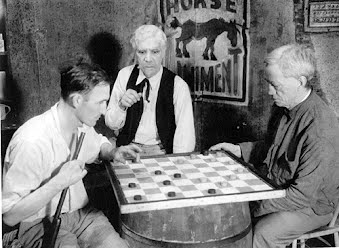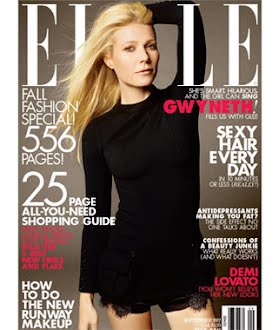Hip to be uncool

"Sometimes I'm questioning my work, questioning today, questioning yesterday, wondering is it good, is it not good, is it too much, is it not enough? I take everything seriously, not like, 'Well, whatever, let's do it, and try to be cool.' I'm not a cool guy."
--Lanvin lead designer Alber Elbaz, in a good interview with C Magazine (which I bought yesterday on a whim to pass the time on a Wi-Fi-less flight and am now seriously considering subscribing to.)
On delicious conversations
“It was just what you did automatically, go to lunch with friends. And it was so different than now. People were at the top of their form.
Those restaurants were so beautiful, and people felt they had to live up to the elegance of the setting. You wore your latest Givenchy or Balenciaga. And you felt that there were delicious conversations taking place at every table. Now you go into a place and everything looks transactional.”
--Socialite Deeda Blair on lunching with other New York high society wives in the mid-20th century.
Everything about the "Here's to the Ladies Who Lunched!" piece in the February issue of Vanity Fair was thoroughly entertaining, and I highly recommend reading it. The glamour of it all is fascinating.
I got to thinking about why things seem to have changed so much since then. I think mostly it's that people used to have to condense all their social interactions into an hour or two a day, at most. So during those short periods of time, they went all out: Designer clothes, full makeup, fabulous anecdotes, juicy gossip, and all the rest.
But modern technology has made it so that we can represent ourselves publicly much more often. Now, during our in-person times, the stakes are much lower. You can wear jeans and a t-shirt. If you're in a bad mood you can be a little rude; if you're in a funk you can be withdrawn. You can always make it up with a clever Tweet or charming email later on. Often, what you do online seems to matter more than your in person behavior -- after all, content on the web lasts longer and reaches much farther.
Anyway, I don't think this shift is an entirely good thing. This is partly because I think in-person interactions are the only things that truly feed us as humans -- and also because I'd like to get dressed up and wear eyeliner more often.
Photograph from VanityFair.com by Tony Palmieri/Conde Nast archive; Digital Colorization by Lorna Clark. Left: the Duchess of Windsor and C. Z. Guest leaving La Côte Basque restaurant, 1962. Right: Lee Radziwill and Truman Capote outside the Colony restaurant, 1968.
On the simple life

-- From The New Yorker's really smart profile of Don Culcord, the druggist who owns the only pharmacy in very rural Nucla, Colorado. Ken Jenks, quoted above, is a physician's assistant and the region's main medical expert.
Jenks grew up in Salt Lake City, but he has spent most of his working life in small towns. “Maybe I can describe it this way,” he says. “I like to play chess. I moved to a small town, and nobody played chess there, but one guy challenged me to checkers. I always thought it was kind of a simple game, but I accepted. And he beat me nine or ten games in a row. That’s sort of like living in a small town. It’s a simpler game, but it’s played to a higher level.”
Gwyneth Paltrow on marriage and coincidence

One of the best parts of Gwyneth Paltrow's interview for Elle Magazine's September cover story is where she talks about her parents, who were married for 32 years up until her father's death in 2002:
"I used to say to my dad, 'How did you and mom stay married for all this time?' And he'd say, 'Two things. Number one: You gotta have the same dreams. One person can't be daydreaming about walking down the street in Paris, the other person wants to work in a coal mine. You've gotta want the same stuff.'
At number two, she laughs. "He said, 'We never wanted to get divorced at the same time.'"
